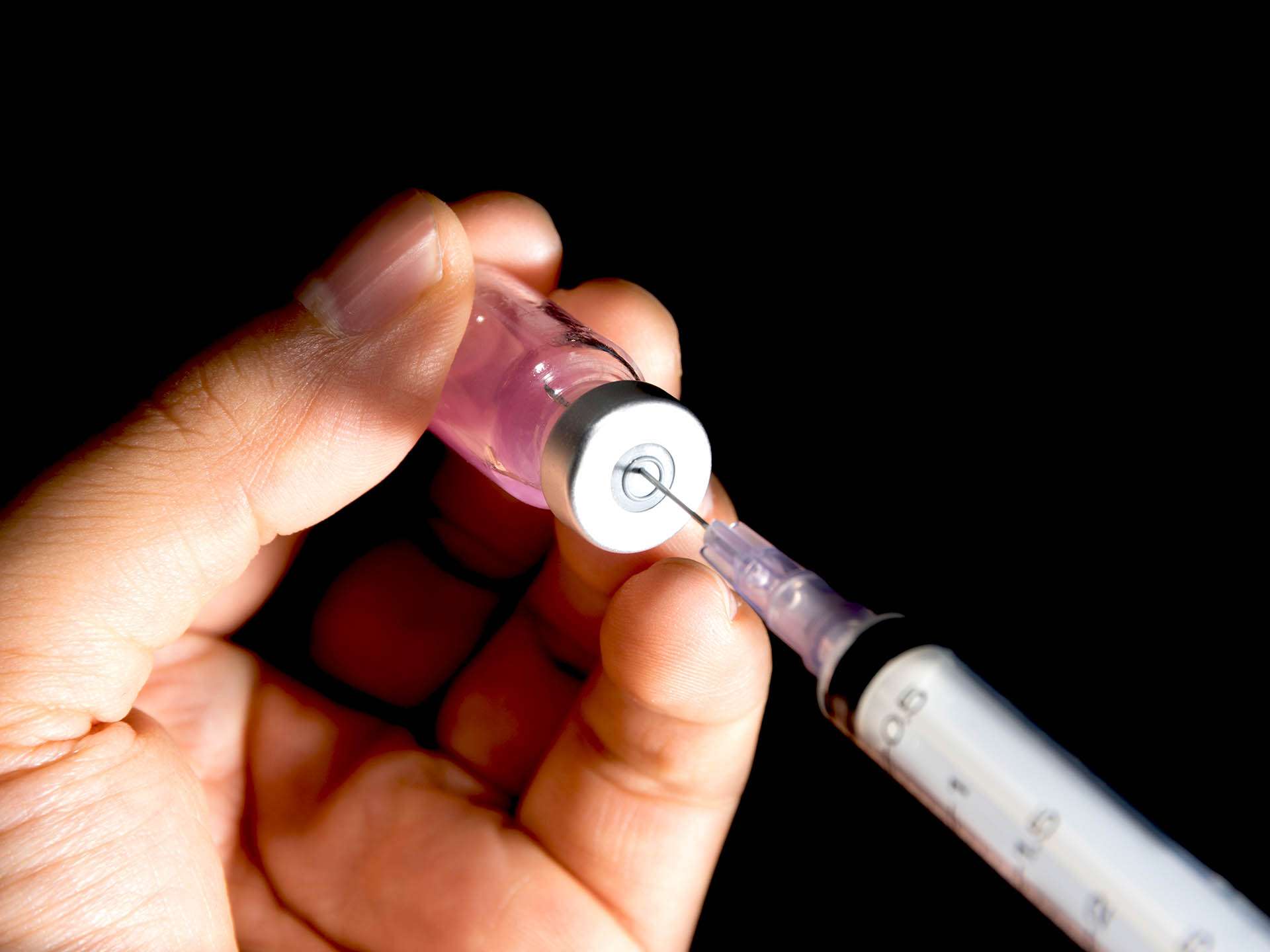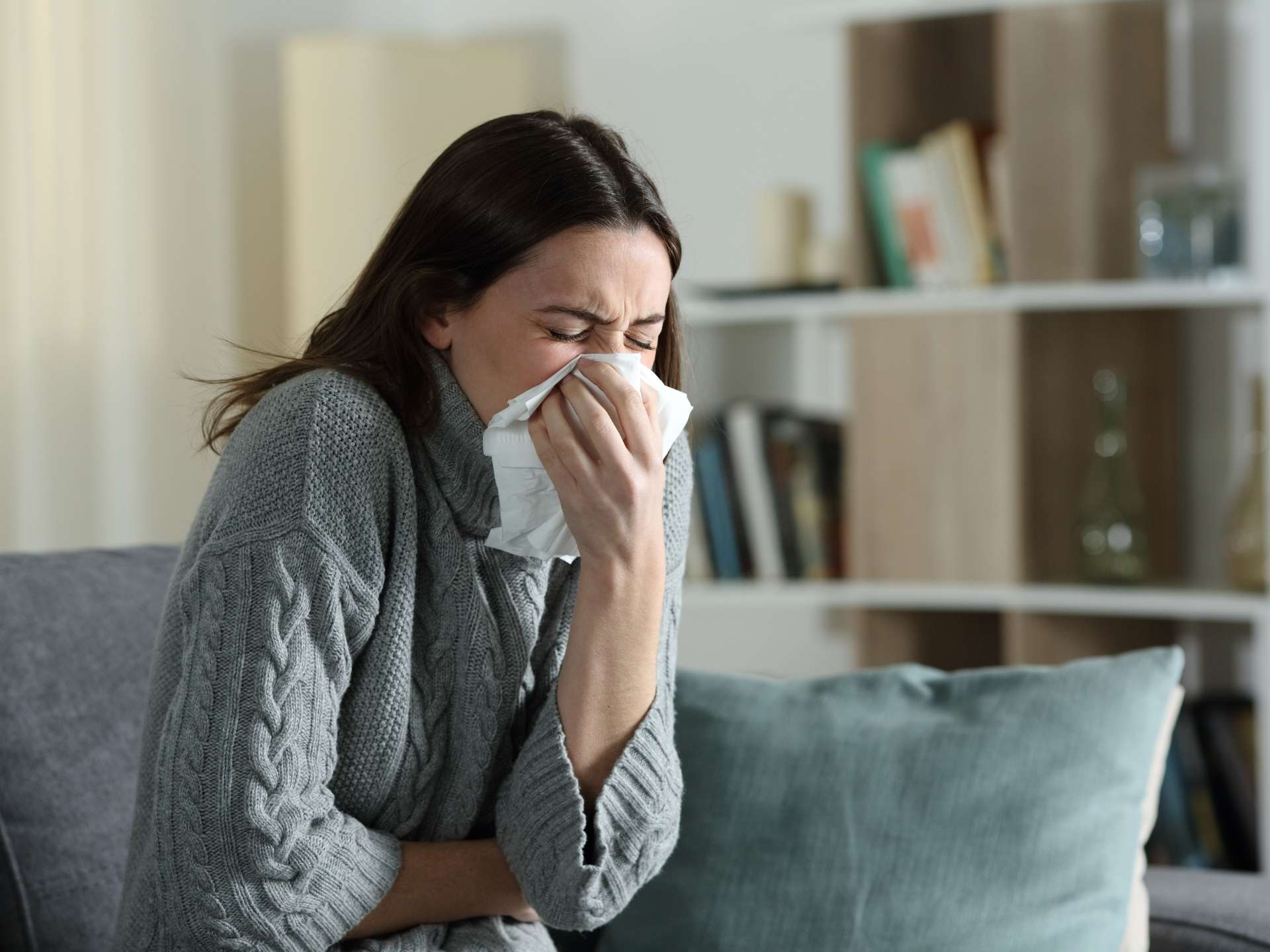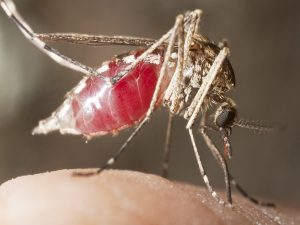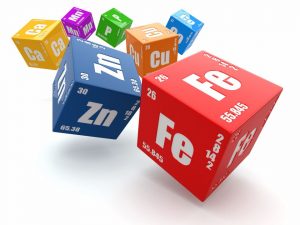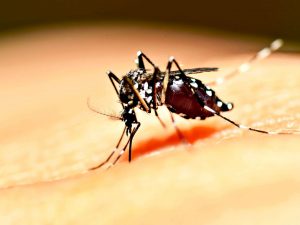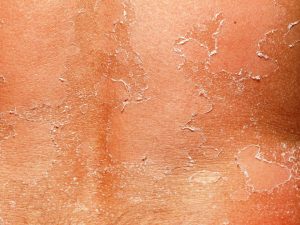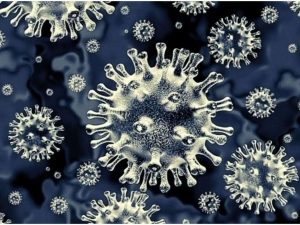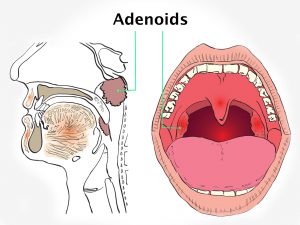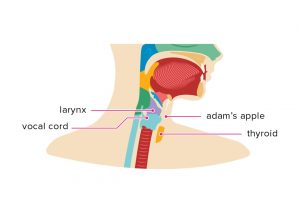A vaccine contains agents that resemble the micro-organism that causes the disease. These agents are generally dead or weakened forms of the same organism. When these agents are introduced into the body in tiny amounts, the body’s immune system gets stimulated. The body recognizes the agents as foreign bodies, kills them, and eliminates them. It also keeps a record of those agents. So the next time they come into your body in the form of the actual disease, your body fights them off and you stay unaffected.
Vaccines provide adequate protection against diseases. A lot of that effectiveness depends on the body’s natural immune status as well. Sometimes due to weakened immunity caused by diseases like HIV/AIDS or diabetes, the vaccine may not be completely effective against a disease. In such cases, if the person does suffer from a disease, it is in a less severe intensity and the healing is also faster.
Besides this, there are other factors too that influence the efficacy of the vaccine – the strain of the micro-organism used, the person’s adherence to the schedule of the vaccine, the age, and the ethnicity of the individual are some of them.
Vaccines are of different types. The type of the vaccine is determined by the kind of the organism used.
- Killed – This variety of vaccines have micro-organisms like viruses that have been killed by chemicals, heat, or radioactivity. Examples of this type of vaccine include the influenza, polio, rabies vaccine.
- Attenuated – This variety contains mostly viral vaccines. The viruses here are live. They are cultivated in controlled conditions that help to disable their virulent properties. Examples of live attenuated vaccines include the measles, rubella vaccines.
Live attenuated vaccines are best suited to healthy individuals in whom they provide durable immunity. In immune-compromised people, they are not recommended at all, as they may mutate to a severe disease producing strain. - Toxoid – These vaccines are not created from the micro-organisms. They are made from the toxins that the organisms release that go on to produce the disease. Examples of this include the tetanus toxoid vaccine.
- Conjugate – Certain bacteria have outer-coats made of polysaccharides. These coats are poorly immunogenic. They are combined with other proteins like toxins and this helps the immune system to treat it as a protein antigen and it creates antibodies. The Hemophilus influenza type of vaccine is an example of this.
Vaccines generally cause no side-effects. In a few cases, there may be slight swelling and redness at the vaccinated spot along with mild fever. Very rarely, there may be severe allergic reactions that can be life-threatening.
